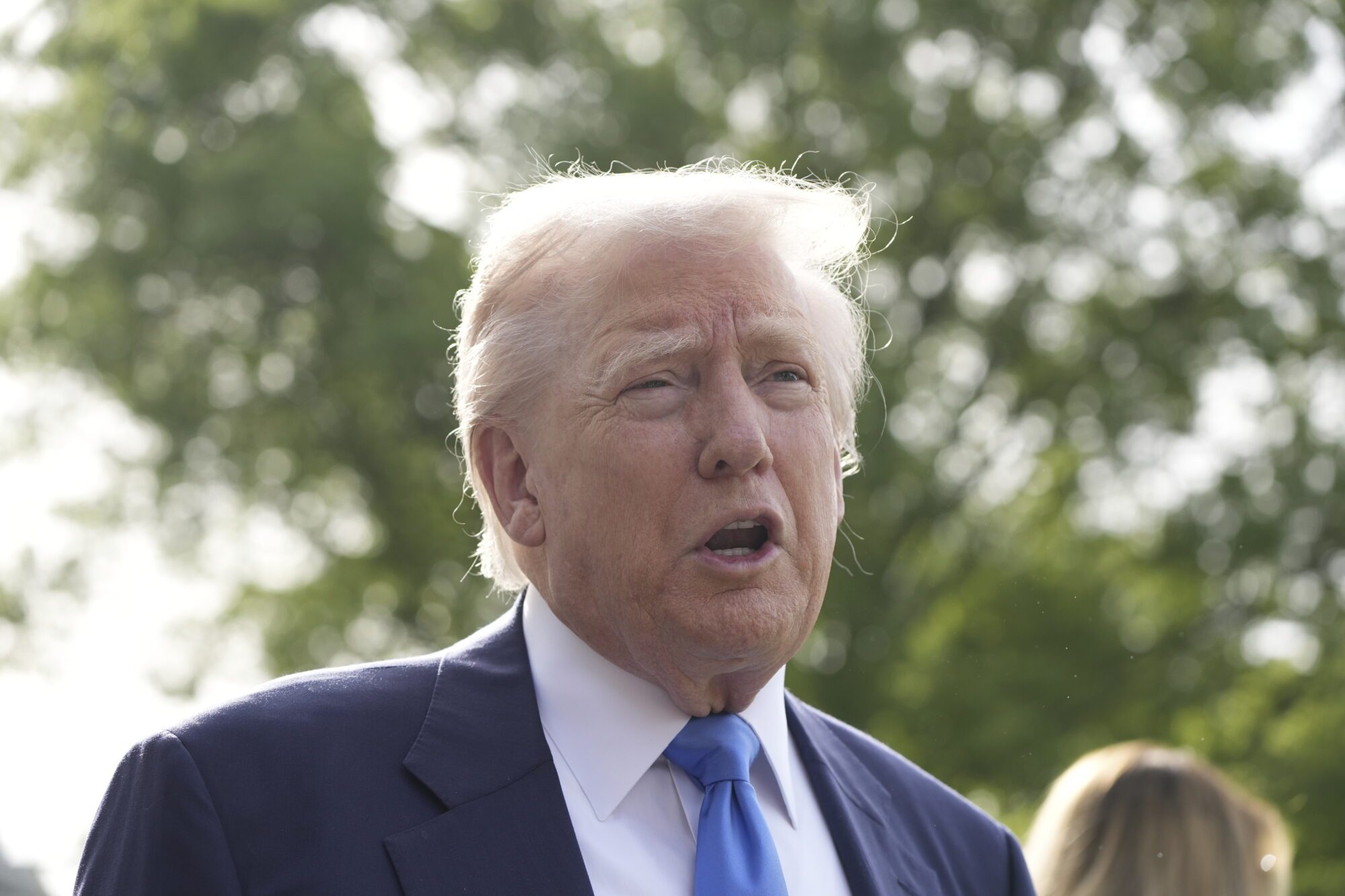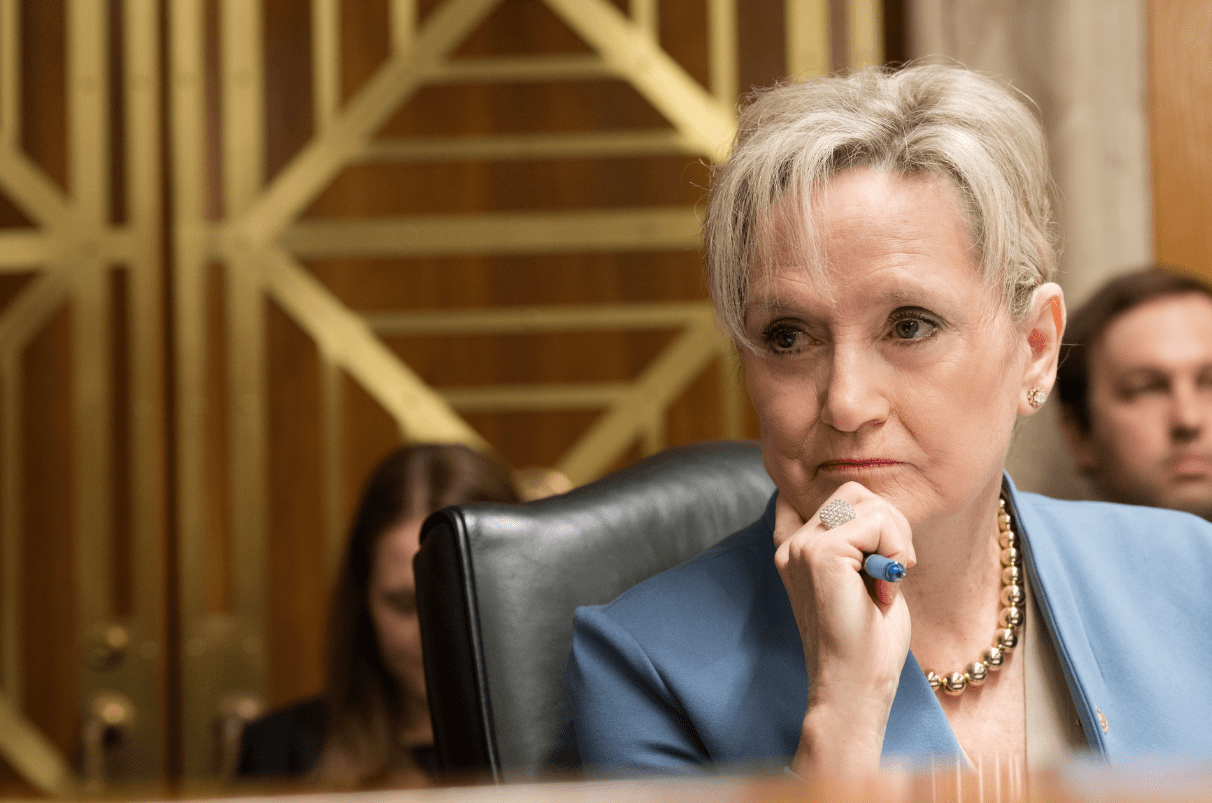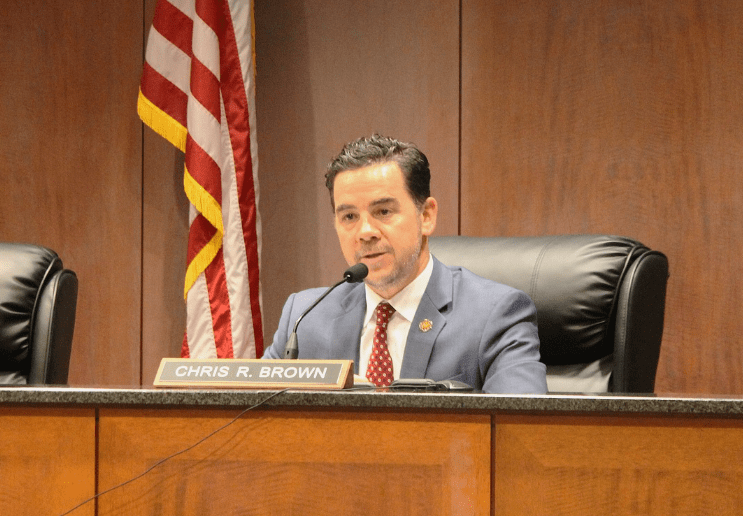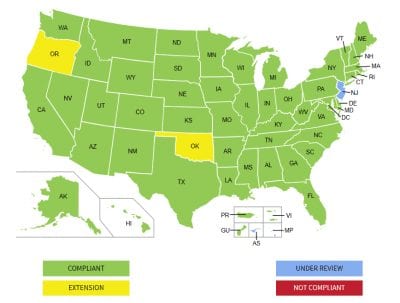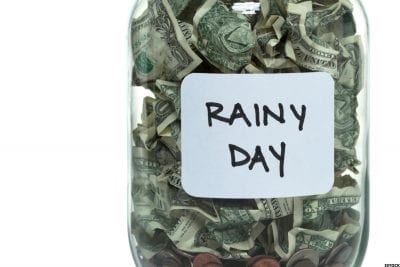
Rainy Day Funds are intended to help smooth revenue losses and shore up state budgets during times of fiscal stress.
Conservative budgeting and spending practices have allowed Mississippi’s Rainy Day Fund to be filled to its statutory limit of $554 million, the most in state history. This is good news for the state as the economy slows during the coronavirus pandemic.
According to the Legislative Budget Office, Mississippi projects over $1.2 billion in reserve accounts, which includes the Rainy Day fund.

Even after having to use the Rainy Day fund episodically during his two terms, former Governor Phil Bryant was insistent that the Rainy Day fund should be and remain fully funded. That assertion was supported by then-Lt. Gov. Tate Reeves and House Speaker Philip Gunn who often had to drag their respective chambers in the Legislature kicking and screaming to rein in spending.
The Mississippi Department of Finance and Administration made the transfer to the rainy day fund from the year end surplus. $205.08 million was transferred which brings the Reserve Fund to the statutory limit of $554.8 million. The most in Mississippi’s history.
— Phil Bryant (@PhilBryantMS) October 25, 2019
How bad will it get?
On Monday, the Dow Jones suffered its worst-ever single day loss, falling nearly 3,000 points and closing at a 3-year low on fears of a prolonged economic shutdown amidst business and event closures, social distancing mandates, and layoffs. Fears of a recession are impacting the markets, while families across the country are beginning to worry about their jobs and how they will make ends meet, especially those in the service industry.
The loss of millions in sales taxes and other state revenues seems to be an inevitability at this point. State and local governments will be faced with significant fiscal challenges if life does not return to normal soon.
How did we get here?
State leaders have been diligent in recent years to avoid the temptation of dipping into the state’s reserves to fund pet projects or meet one time needs, even deciding to make budget cuts to avoid such spending.
Republicans have treated the Rainy Day Fund as the state’s savings account, often saying the funds should only be touched in times of severe economic crisis or in the wake of a natural disaster.
Democrats, however, have sought to raid the Rainy Day Fund in Mississippi routinely over the years, claiming state government has underfunded services and programs, such as education, health care, or roads and bridges, and that these funds should be used to respond to such politically perceived crisis situations instead of being saved.
Just last year, the Mississippi Legislative Democratic Caucus wanted then-Gov. Bryant to tap the Rainy Day Fund to resolve the teacher pay raise error instead of allowing the Legislature time to correct the issue through its processes, stating, “We advise that he implement the power granted to him years ago by the Legislature to single-handedly move dollars from the Rainy Day Fund to close the funding gap. We believe this would be the quickest, easiest and most logical action he can take to address the issue.”
 Bobby Moak, chairman of the Mississippi Democratic Party, advocated for Rainy Day Funds to be spent when he was a state representative in 2014.
Bobby Moak, chairman of the Mississippi Democratic Party, advocated for Rainy Day Funds to be spent when he was a state representative in 2014.
“We’ve got over a billion dollars in rainy day funds,” Moak said. “These are funds that we have been collecting from taxpayers and never spent… We either need to spend it on roads, or use it for other infrastructure projects. The state is not a banker, and hoarding money should not be what it means to be a conservative. Either spend the money on things the state needs or pay it back to the three million taxpayers of Mississippi.”
During the several years of legislative back and forth on the roads/bridges infrastructure, there were also calls by legislative Democrats to not holdback the 2% that goes to fund the Rainy Day fund.
Despite the urging of their colleagues across the aisle, Republicans continued the course of making the necessary budget decisions to fill the Rainy Day Fund, going so far as to increase the cap from 7.5 percent of the annual General Fund appropriation to 10 percent in the Fortify Act that was passed in a 2017 Special Legislative Session.
All of this has occurred during a cycle of lowering tax burdens on Mississippians while increasing revenues.
 “Governor Reeves worked for years to build up our state’s rainy day fund so Mississippi could respond quickly and decisively during any disaster,” said Renae Eze, spokeswoman for Governor Reeves. “While many tried to spend that money and deplete those funds on behalf of special interests, he had the foresight to plan ahead. Now that it’s raining, we are prepared to respond and take care of the people of Mississippi.”
“Governor Reeves worked for years to build up our state’s rainy day fund so Mississippi could respond quickly and decisively during any disaster,” said Renae Eze, spokeswoman for Governor Reeves. “While many tried to spend that money and deplete those funds on behalf of special interests, he had the foresight to plan ahead. Now that it’s raining, we are prepared to respond and take care of the people of Mississippi.”
What’s next?
Lawmakers who have been busy working to craft the FY 2021 state budget, on track to pass it by the May 2020 deadline, now must course correct and will likely consider the use of these Rainy Day Funds to shore up the Appropriations process given what will be an economic slowdown, the severity of which is unlikely to be fully known for months.
The Governor’s office, the state economist, the State Treasurer, and legislative leaders will all try to look into their crystal ball to predict the full ramifications on state revenues that this COVID-19 response will have on the FY 2021 and 2022 budgets.
The actual impact on the state and local governments as the price tag mounts to combat the coronavirus, provide response through state and local agencies, and to what level businesses are affected will only be seen with time. How many employees and the scope to which public assistance is needed is up in the air. The strain on governmental budgets due to the increased funding requirements and the decreased tax revenues is uncharted waters from City Hall to the Capitol.
With the Mississippi Legislature suspending its session until at least April as state health officials continue to advise further social distancing, the likelihood of a Special Session later in the year also increases as budget writers and advisors across state government will require additional time to assess and respond to the effects of this unprecedented scenario.
What is sure, however, is that Mississippi is as prepared as it can be for just such an economic slowdown, meaning unlike some states across the nation, the Magnolia State will hopefully weather this economic storm smoother and with less wailing and gnashing of teeth than had we acquiesced to our lesser angels to spend our savings on the political cause du jour.
